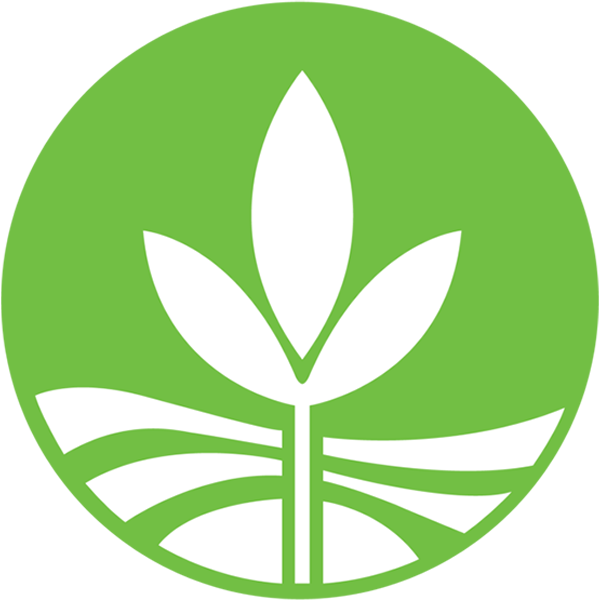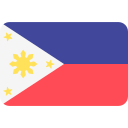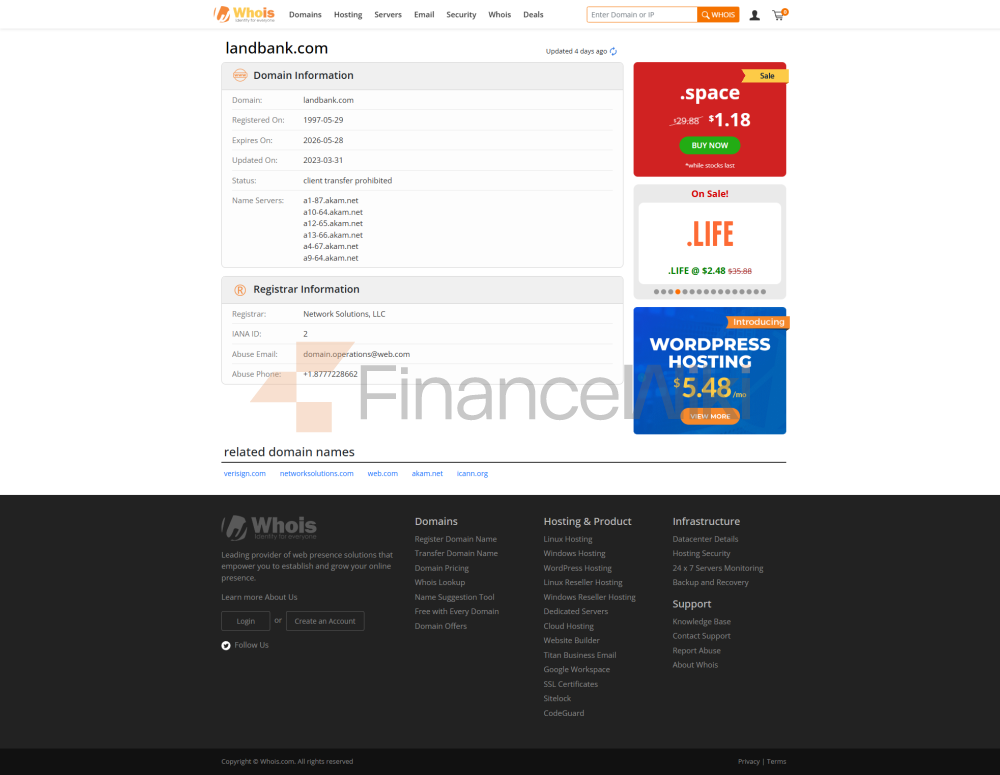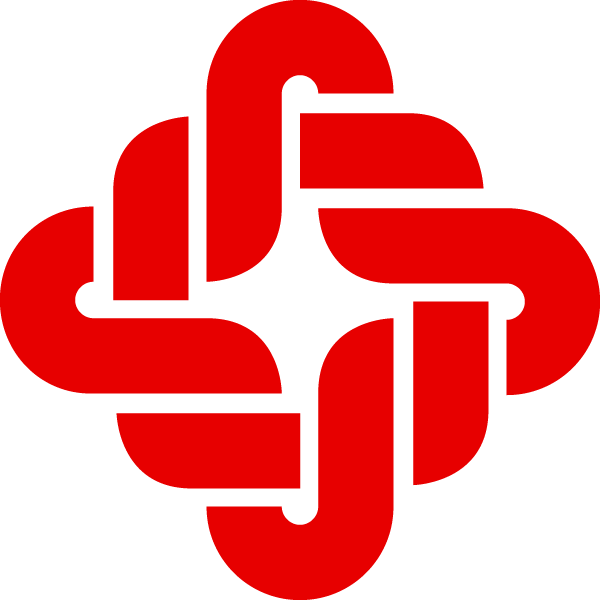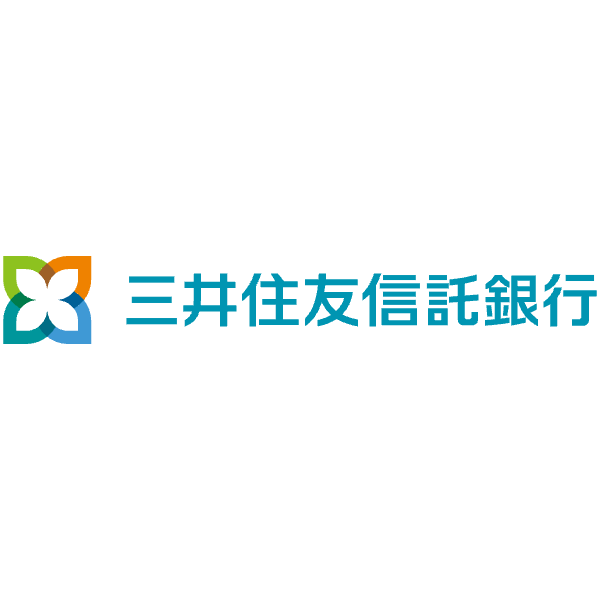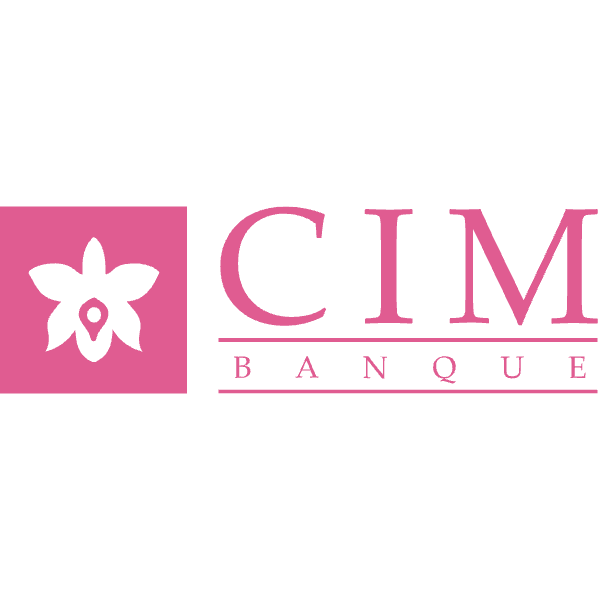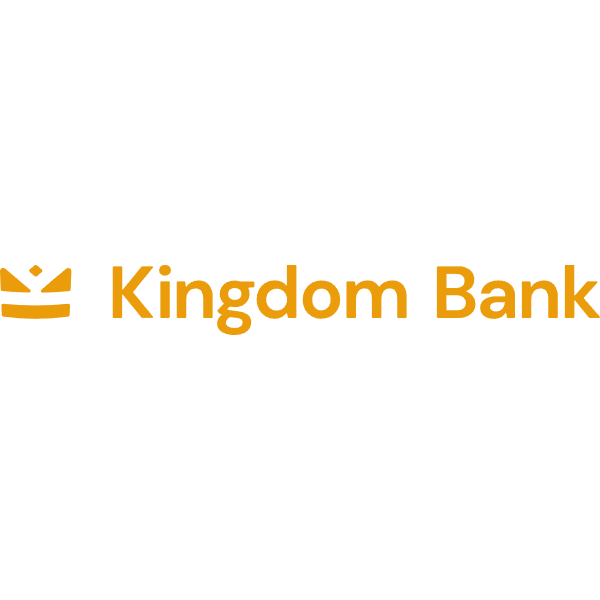The Land Bank Of The Philippines (LBP; Often Referred To Simply As LandBank) Is A State-owned Bank In The Philippines, With A Particular Focus On Serving The Needs Of Farmers And Fishermen. Although It Provides The Services Of A Universal Bank, It Is Officially Classified As A "professional Government Bank" With A Universal Banking License.
LandBank Is The Second Largest Bank In The Philippines By Assets And The Largest State-owned Bank. It Is Also One Of The Largest Government-owned And Controlled Companies And Banking Institutions In The Philippines, Along With The Development Bank Of The Philippines (DBP), The Overseas Bank Of The Philippines (OFW Bank), And The Al-Amanah Islamic Investment Bank Of The Philippines.
Unlike Most Filipino Banks, LandBank Has An Extensive Network Of Rural Branches, Including 409 Branches And Extension Offices, 46 Lending Centers, And 2,188 ATMs (as Of February 2020). It Serves Many Rural Sector Clients Where Banking Is Either Limited To Rural Banks Or Does Not Exist.
History
LandBank Was Established On August 8, 1963 As Part Of The Philippine Agrarian Land Reform Act. This Was To Assist In The Purchase Of Agricultural Properties For Subdivision And Resale To Small Landowners, As Well As The Purchase Of Land By Agricultural Lessees.
In 1965, The Statutes Of LandBank Were Approved And The First Board Of Directors Was Established, Chaired By The Minister Of Finance.
On October 21, 1972, President Ferdinand Marcos Signed Presidential Decree No. 27 Liberating All Tenant Farmers, Whether Or Not Working On Landed Estates, Working On Private Agricultural Land Dedicated To The Cultivation Of Rice And Maize. The System Was Implemented Through The Tenant Farmer Or Leasehold System. LandBank Was Tasked With Collecting 15 Years Of Land Amortization From Beneficiaries At A Fee Of Land Value Plus 6% Interest Per Annum.
By 1973, LandBank Was In Financial Trouble. It Lacked The Resources And Funds Needed To Implement Land Reform Programs And The Structure To Implement Them Effectively. On July 21, Marcos Signed Presidential Decree 251, Revitalizing The Bank. The Decree Granted LandBank A Universal Banking License (the First Bank In The Philippines To Receive Such A License) With A Social Mission To Stimulate Rural Revitalization. The Decree Expands The Powers Of LandBank To Include Loans For Agricultural, Industrial, Residential Construction And Household Financing Projects, As Well As Other Productive Enterprises, As Well As Loans To Farmers' Cooperatives And Associations To Facilitate The Production, Marketing And Procurement Of Basic Commodities Of Crops. The Decree Also Requires LandBank To Provide Timely And Adequate Support At All Stages Of The Implementation Of Land Reform And To Increase Its Statutory Capital To 3 Billion Pesos. It Also Exempts All National, Provincial, Municipal And Municipal Taxes And Assessments.
LandBank Was Restructured In 1977 And Divided Into Three Departments To Better Assess The Needs Of Its Clients. It Is Divided Into Agriculture, Banking And Operations Departments To Enhance Operations And Ensure Long-term Viability
In 1982, The Agricultural Credit Authority (ACA), Which Was Established Under The Same Laws As LandBank, Was Abolished And All Its Assets And Functions Were Transferred To LandBank. The Function Of The ACA Was To Provide Credit To Smallholder Farmers. Also In The Same Year, The United Bank Of The Philippines (UnionBank) Was Established, With LandBank Owning A 40% Stake In The State-owned Commercial Bank.
LandBank Became The Financial Intermediary For The Comprehensive Agrarian Reform Program (CARP) In 1988. Also In That Year, UnionBank Began Its Gradual Privatization. The Aboitiz Group Of Companies Acquired LandBank's Then 40% Stake In UnionBank And Continues To Own That Stake. LandBank Also Became The Third Member Of Expressnet, Which Became An Interbank Network In December 1991 But Is Now A Member Of BancNet.
On February 23, 1995, LandBank's Charter Was Amended Again. Its Statutory Capital Was Increased To 9 Billion Pesos And It Became An Official Government Depository Institution. The Number Of Board Members Was Also Increased To Nine, While The Minister Of Finance Served As Chairperson, The Governor Of The Bank Served As Vice Chairperson And The Secretary Of Agrarian Reform, The Minister Of Labor And The Minister Of Agriculture As Ex Officio Members.
On August 25, 1998, Following The 2016 DBP-LandBank Merger Plan, LandBank's Statutory Capital Was Again Increased To 25 Billion Pesos And Then To 200 Billion Pesos.
In 2014, LandBank Planned To Merge With The Development Bank Of The Philippines (DBP). President Benigno Aquino III Signed Executive Order 198 On February 4, 2016, Agreeing To The Merger, With The Former As A Surviving Entity. However, The Duterte Administration Called Off The Merger Later That Year.
On June 25, 2021, President Rodrigo Duterte Signed Executive Order 142 Authorizing LandBank To Merge With The United Coconut Growers Bank (UCPB), With LandBank As The Surviving Entity.
The LandBank Branch In Navotas
LandBank Competes With Major Banks Such As Metrobank, Bank Of The Philippine Islands (BPI), Banco De Oro, And The National Bank Of The Philippines (PNB). In Rural Areas, It Either Competes With Or Complements Rural Banks.
On The Other Hand, LandBank Has A Dual Role With Another State-owned Bank, The Development Bank Of The Philippines. It Either Competes With Or Collaborates With DBP, Depending On The Situation.
Board Of Directors
- Chairperson: Finance Section, Ralph G. Rector
- Vice Chairperson: Ma. Lynette Ortiz
Executive Management Team
- Ma. Lynette V. Ortiz - President And CEO
- Liduvino S. Geron - Executive Vice President, Branch Banking
- Alan V. Bornas - Executive Vice President, Operations
- Carel D. Halog - Executive Vice President, Treasury And Investment Banking
- Alex A. Lorayes - Executive Vice President, Enterprise Services
- Leila S. Martin - Senior Vice President, Digital Banking
- Ma. Celeste A. Burgos - Senior Vice President, National Development Loans Division
Subsidiaries And Affiliates [
Land Bank Owns The Following Subsidiaries And Affiliates:
- LBP Leasing Corporation
- LBP Insurance Brokers
- LBP Resources And Development Corporation (formerly LB (Land Bank) Realty Development Corporation)
- LBP Rural Revitalization Foundation
- United Financial Securities Corporation
- Overseas Philippine Bank
